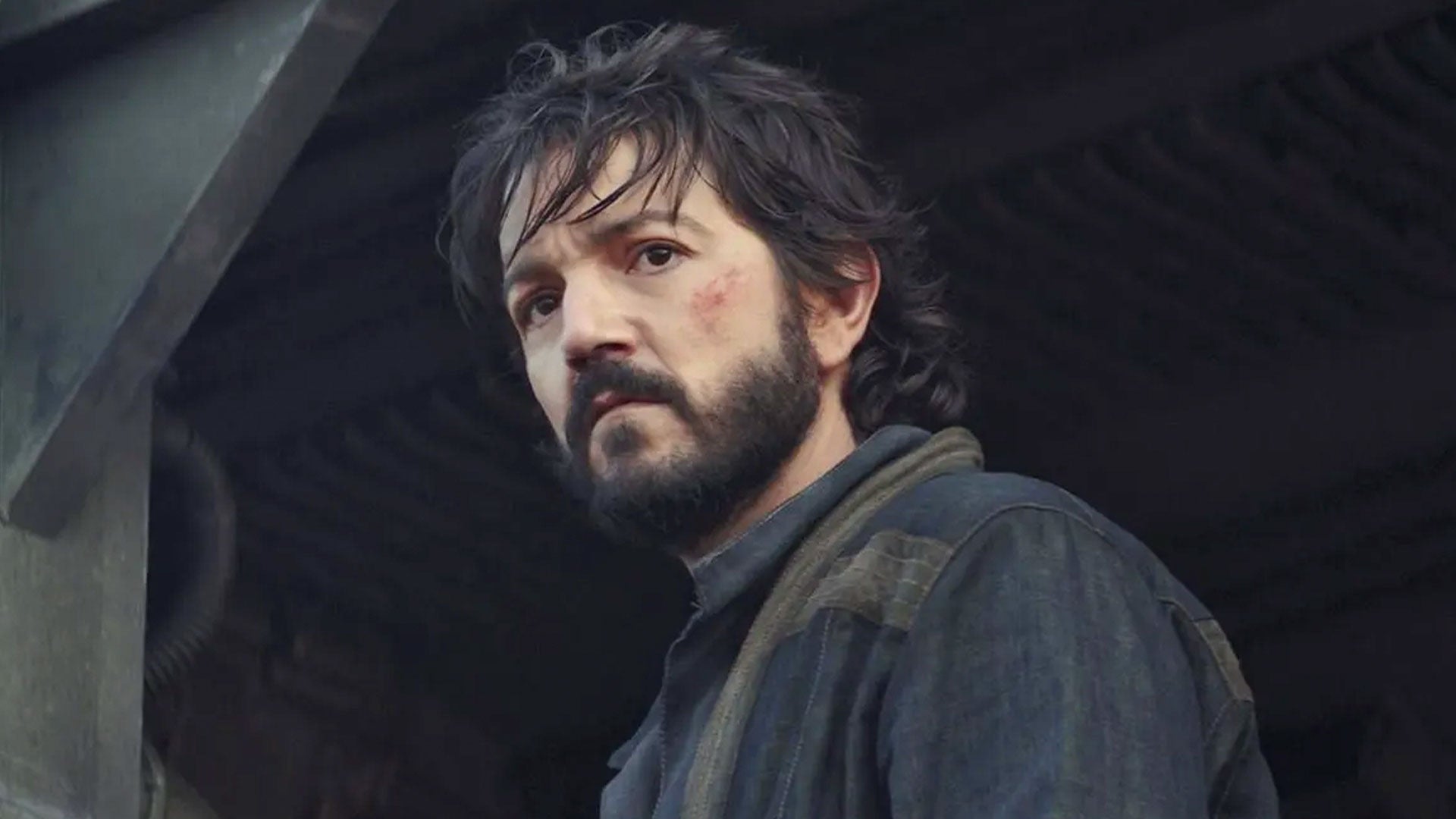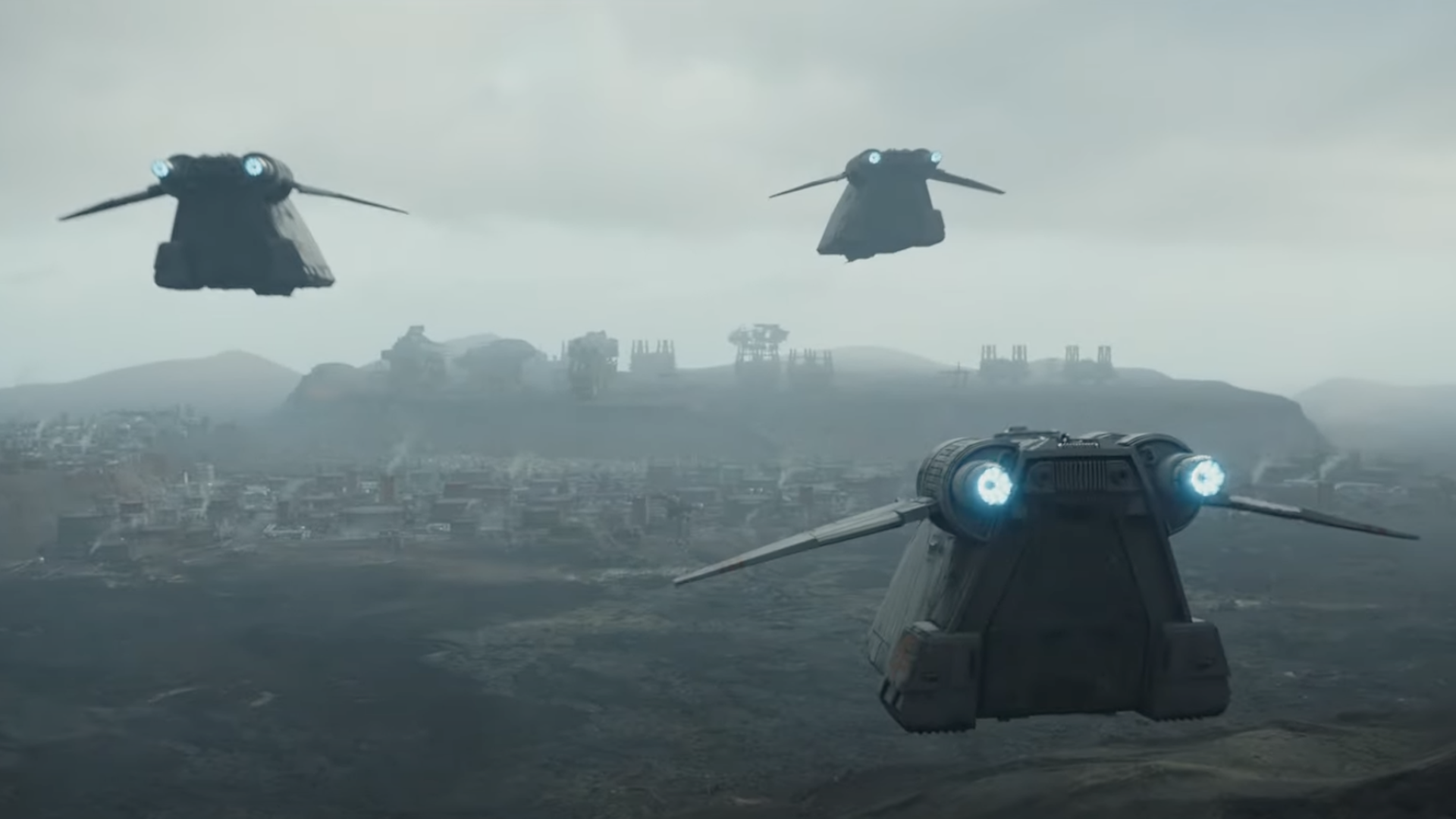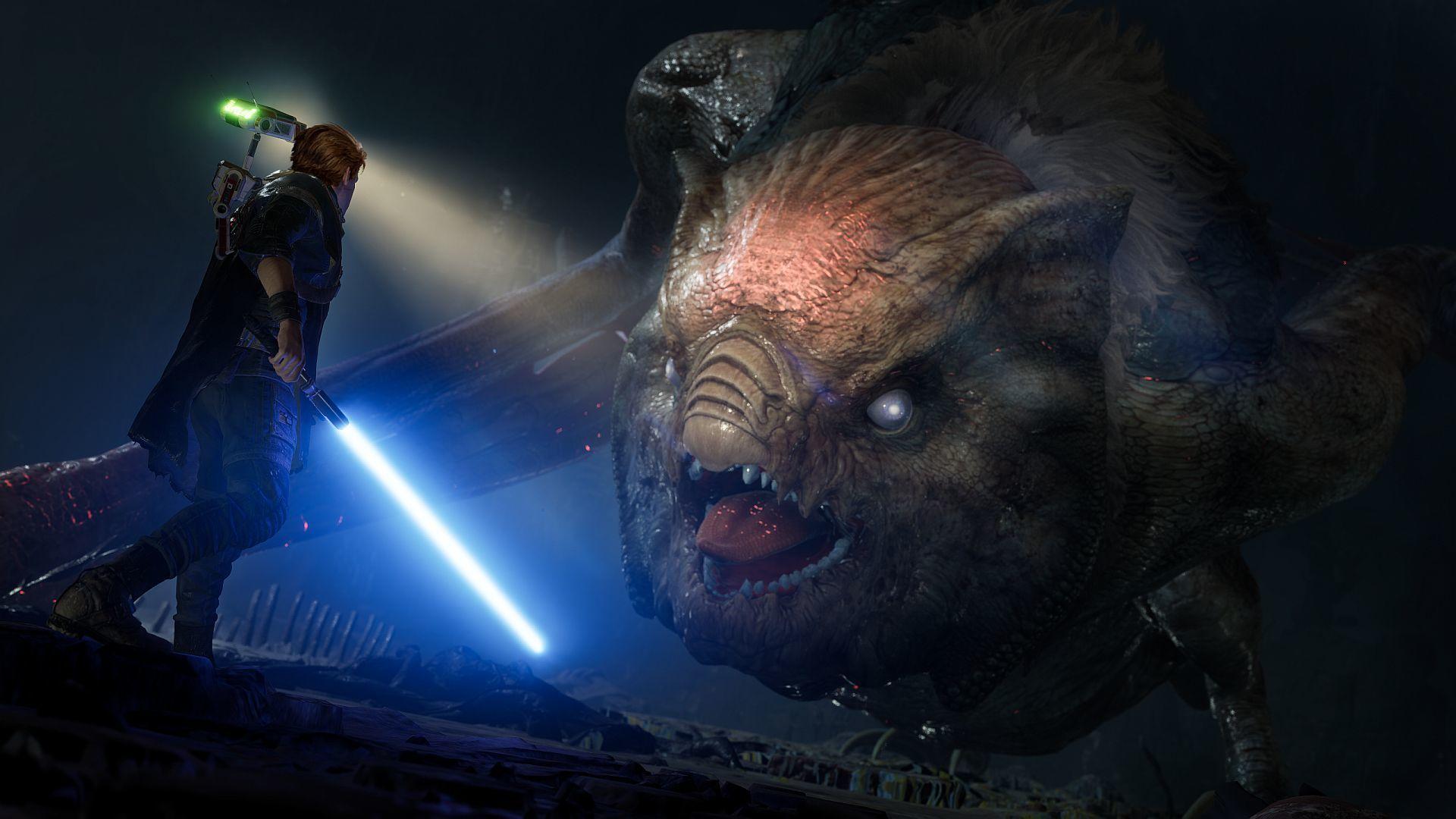Andor is about fighting facism, really. Star Wars has always had this weird problem of being a fun and fanciful space opera for kids while also having one of its key factions plainly inspired by the Nazis – so the villains simultaneously have to be space opera silly, the types who can get battered by teddy bears, but also frightening and willing to set a torture robot on innocents. That means that Andor sometimes doesn’t exactly fit with all of the rest of Star Wars. I think this is quite often true of the best of the franchise, in fact; when a piece of it decides to run with what it is, and not worry too much about how that reflects on the rest of the series. Andor’s world of paranoid rebels and an Empire casually tossing out the odd genocide here and there lines up with the films and kids shows, but at the same time it doesn’t just by virtue of its raw brutality. It speaks volumes that this series was happy to set multiple episodes within the relentless, sterile grind of a labor camp where people are worked to death – in a universe where free robotic labor also exists. Andor spends a lot of these episodes silent, unspeaking: there’s nothing to be said, and he, like the audience, is a witness to the brutality. But there’s the exciting stuff, too, of course. There’s whizz-bang action here and there, and it’s in this that you can begin to see the outlines of where a video game could take place. Everybody wants to play as a Jedi and swing a laser sword around, but I think this is a far more interesting side of the Rebellion to explore: narrow streets beset with tension, where nervous soldiers who hold all the power look upon every citizen with suspicion, because every one could be an enemy. And when things erupt, there’s no predicting the scale of what might happen: it could be a guerilla attack, or a full city-wide revolt. There’s a breadth of potential combat scenarios there that many a game developer would find fertile ground indeed. But the most interesting side of all this is probably the status of Star Wars’ ragtag rebellion at this point in the series timeline. At this point, notably, it is The Rebellion, not the Rebel Alliance. This is key, because it means there’s an interesting additional factor at play: there’s different types of Rebel, and they’re not all singing from the same hymn sheet. In Andor, these are represented by three figures who interestingly hail from different Star Wars eras. Mon Mothma is a rebel leader seen in the original trilogy, here still a senator inside the Empire machine’s sham democracy, working against it from the inside while terrified of being discovered. Then there’s Saw Gerrera, an unhinged Clone Wars veteran with roots in the cartoons, brought to live action with a deliciously reality-defying accent from Forest Whitaker. Saw is the rebel without much tactics, honestly. Consumed by anger and hate, he just wants to burn the Empire down, no matter the cost. In just a few scenes of Andor, he’s shown to be quietly dangerous – able to flip from friend to foe in an instant. Then, new to Andor, there’s Luthen Rael. A mysterious man leading a double life as an upmarket store owner and a rebel kingmaker, he’s got a ship with gadgets that’d make James Bond blush and a brooding fury that means he’ll do pretty much anything for the greater good. He’s undoubtedly the most interesting character in the show, and not because idiot fans with the intelligence of preteens think he might be a fallen Jedi. He’s interesting because of who he is, not who he might’ve once been. Anyway, it’s the interplay between these three different forms of the rebellion, and the characters beneath them, that most interest me. It’s the deals and horse trading – factions that are working towards the same goals, but not together. Sharing resources, keeping secrets. Working together against the Empire, but also sometimes, discreetly, against each other. Some of these people hate each other, but they also need each other. Such is the power of the Empire. The Star Wars lore obviously dictates that eventually these factions come together, forming the Rebel Alliance. This is one of those occasions where those two words, probably written by Lucas without a second thought after several whiskies in a late-night writing session, are giving storytellers decades later interesting foundations. But this particular foundation just feels… perfect for games. I keep thinking about a strategy game; perhaps something XCOM-like, which keeps cropping into my head because of course XCOM 2 is both a game about a guerilla resistance and one of the greatest strategy games of all time. This is one of those adaptation ideas where the source material is so ripe that I can practically see the fully-formed game in my mind’s eye already: largely close-quarters, tactical combat, turn-based or real time – either could work – but with a strategy layer that focuses hard on not just avoiding the empire, but navigating the inter-factional struggles among the rebels. Players would have to face the choices characters like Saw, Luthen, and Mon have to make. When to make sacrifices, when to attack, when to alert allies versus when to let them crumble. As an idea, I just find it fascinating. But my highly specific game idea aside, it has to be said: well done to Andor. I’ve enjoyed some recent Star Wars games (especially Jedi Fallen Order), but this show is the first time in decades that my mind is just positively buzzing with the idea of games in this universe. I hope the style and tone that Andor is outlined is mined further – hopefully in our interactive medium. Anyway. If you haven’t, watch Andor, yeah? And play XCOM 2. Then imagine a cross between the two. Cheers.


